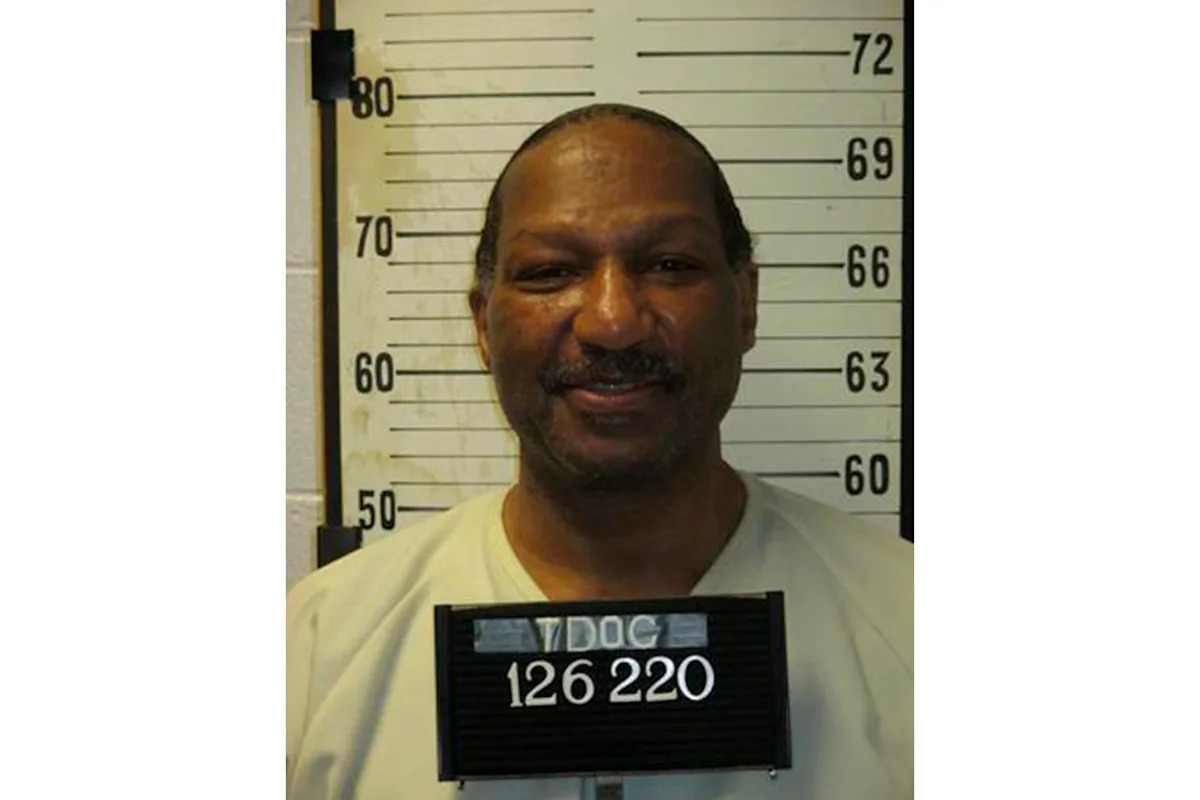Tennessee officials must deactivate a death-row inmate 's implanted heart-regulating device to avert the risk that it might try to shock him during his...
Why it matters
- A judge has mandated the deactivation of a death-row inmate's heart-regulating device, addressing concerns over its potential interference during execution.
- The ruling underscores ongoing debates about the ethics and procedures involved in capital punishment.
- This case highlights the complexities of executing inmates with medical devices, raising questions about state responsibility and inmate rights.
In a significant ruling, a Tennessee judge has ordered that the heart-regulating device implanted in a death-row inmate must be turned off prior to the scheduled execution. The decision comes amid concerns that the device could inadvertently deliver shocks during the lethal injection process, posing a risk to both the inmate's well-being and the integrity of the execution protocol.
The inmate, who has been on death row for several years, has a medical condition that necessitates the use of a heart device. This situation has prompted legal challenges and public discourse regarding the intersection of medical care and capital punishment. The judge's order specifically aims to prevent any complications that could arise from the device activating during the execution, which could interfere with the administration of lethal drugs.
The legal team representing the inmate argued that executing someone who relies on medical technology raises ethical questions about the treatment of individuals with health conditions within the penal system. They posited that the state's responsibility includes ensuring the humane treatment of all inmates, even those sentenced to death. The discussions surrounding this case have opened up a broader dialogue about the implications of executing individuals with medical needs and the lengths to which states must go to uphold ethical standards in capital punishment.
The ruling has sparked reactions from various advocacy groups, some of which have long opposed the death penalty on moral and ethical grounds. Opponents of capital punishment argue that such cases illustrate the inherent flaws and moral dilemmas within the system. They contend that the presence of a medical device complicates the narrative surrounding execution, shifting the focus from the crime to the humanity of the individual facing death.
Furthermore, this case brings to light the challenges that correctional facilities face in accommodating inmates with specific medical requirements. As states grapple with the logistics of carrying out executions, the presence of medical devices like pacemakers or defibrillators adds a layer of complexity that has not been thoroughly addressed in existing protocols.
The implications of this ruling extend beyond the immediate case at hand. It raises significant questions about how the justice system should evolve to address the needs of inmates with health conditions. Legal experts suggest that more comprehensive guidelines may be necessary to ensure that the rights of inmates are protected, even when facing capital punishment.
This particular ruling is not an isolated incident; it reflects a larger trend in the judicial system where the rights of inmates are being increasingly scrutinized. As more cases emerge involving medical considerations in capital punishment, courts may find themselves under pressure to develop clearer standards that balance the demands of justice with the ethical treatment of individuals.
The decision has also garnered attention from medical professionals who are concerned about the implications of such an execution on public health and ethical medical practice. Many in the medical community argue that subjecting individuals with medical devices to lethal injection is not only inhumane but also raises questions about the role of healthcare providers in the execution process.
As the execution date approaches, the state of Tennessee faces mounting scrutiny not only from legal advocates and medical professionals but also from the general public, who are increasingly aware of the complexities surrounding capital punishment. This case may serve as a pivotal moment in the ongoing debate about the death penalty, prompting a reevaluation of how executions are conducted, especially in the context of inmates with medical conditions.
In conclusion, the court’s order to turn off the heart-regulating device highlights the intricate interplay between law, ethics, and medicine in capital punishment cases. As this situation unfolds, it will undoubtedly continue to provoke discussions about the broader implications of executing individuals with health challenges and the responsibilities of the state in these matters.











